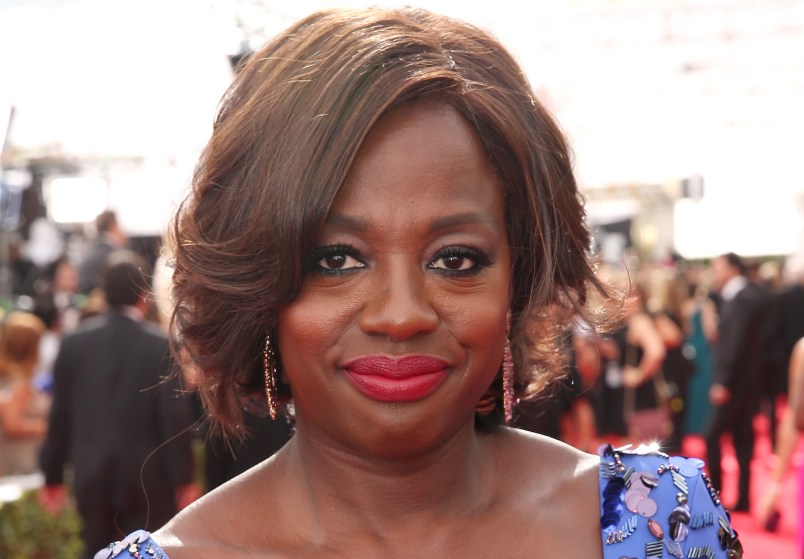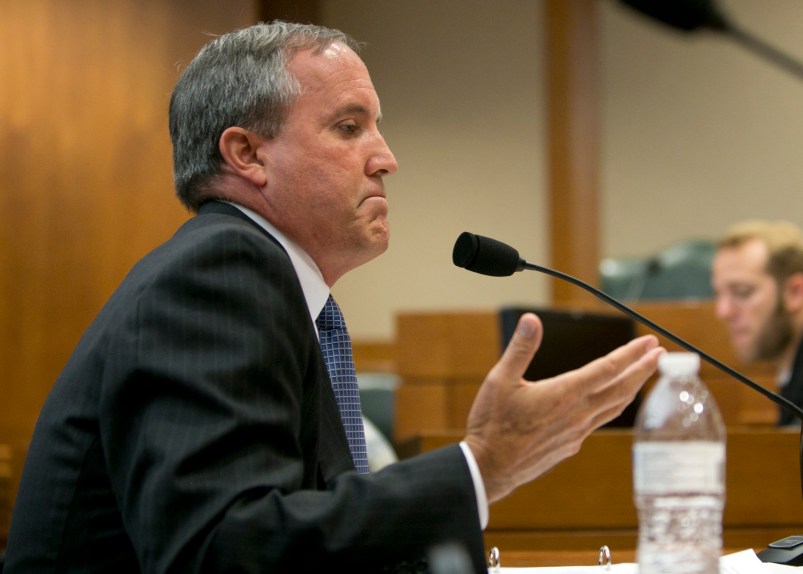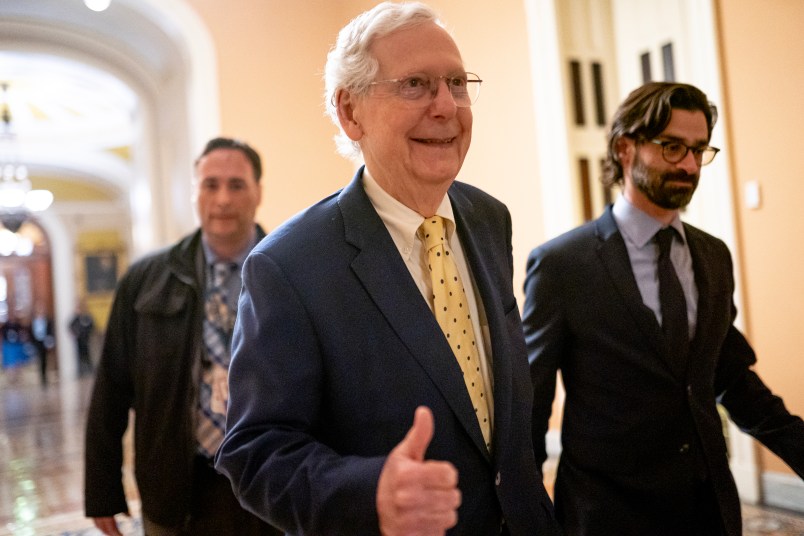On television these days, there are no shortage of complex, interesting, and imperfect female characters. Take Liz Lemon on “30 Rock,” Leslie Knope on “Parks and Recreation,” Jessica Day on “New Girl,” and Mindy Lahiri on “The Mindy Project.” We no longer have to cry for women to be portrayed as human — the golden age of television has flawed women in droves. But these women are so flawed as to lose another kind of character: the role model. How can we possibly look up to women who are mentally unstable, victims of emotional or even physical abuse, or people who inflict harm on others? Today, in an era that is making the discussion of feminism new again,it is surprising how many women we idolize on television still allow themselves to be subservient to men, at times dangerously so. As viewers, how are we to reconcile the two extremes?
It’s worth noting that television has come a long way. The 1970s brought us several groundbreaking portrayals of women in television — the titular characters in “Mary Tyler Moore” and “Maude” were standouts in how to balance work and home life, and how to treat romantic relationships. The impact of these women and several others from the era reverberate into today’s female-driven television outings.
In her detailed 2013 history of The Mary Tyler Moore Show, Jennifer Keishin Armstrong notes that Shonda Rhimes, creator of Grey’s Anatomy and Scandal, has cited the show as “among her top TV influences of all time.” And yet the thoughtful and discerning methodology by which Mary Richards regarded her potential suitors is often absent from Rhimes’ otherwise headstrong female characters.
For being the President of the United States… My guess is that consent is not one of his platforms. #ScandalHigherEd
— Travis Whisler (@traviswhisler) November 14, 2014
Like Mary, Shonda’s Meredith Grey or Olivia Pope would likely confront their bosses about pay discrepancies or do what it takes to ensure exemplary professional work. But when it comes to protecting their hearts from men who manipulate them emotionally, Shonda’s heroines struggle mightily in a way that seems otherwise inconsistent. Meredith spent nearly two years on “Grey” strung along by a man with a wife and major qualms about his commitment to her, while Pope spends week after week on “Scandal” repeatedly caving in to the romantic demands of the married and often jealous Commander-in-Chief Fitzgerald Grant.
The “stand by your man” position held by women in Shondaland has extended to the Rhimes-produced, Peter Nowalk created “How to Get Away With Murder.” Viola Davis’ ruthless and powerful Annaliese Keating is hurtling toward a midseason finale that features her standing by a husband who has cheated on her with several women, including a student that has since turned up (a) dead, and (b) pregnant. As she continues to navigate the challenges of standing by a man who has so clearly disregarded her feelings, to see her female students sigh longingly, “I want to be her” appears to be a dangerous sentiment. And lest you think that this is a phenomenon reserved for middle-aged female characters, younger generation of feminists isn’t exempt from this portrayal of relationships of otherwise strong-willed women. Lena Dunham’s Girls explicitly mentions the independent and determined Mary Richards in its pilot episode (and its creator counts MTM’s Rhoda Morgenstern as a role model), but then went on to place several of its characters in relationships with noncommittal and at times outright hostile men.
To be fair, some of what these onscreen relationships display is real. Men can have very real and at times hurtful trouble committing to women, otherwise highly intelligent women do find themselves in these situations. For a closer view on the man’s side of this issue, look no further than the conflicted but undoubtedly misogynistic Don Draper of AMC’s “Mad Men.” But just because they mirror real life, doesn’t necessarily make them healthy or desirable. Moreover, it can be beneficial to show relationships like this on television because in the moments when they are identified as emotionally abusive, viewers in like relationships can recognize that these situations aren’t healthy or desirable. In a time where more and more attention is being drawn to the signs and consequences of physical domestic abuse, emotional mistreatment should also get airtime — and is, on some of these programs. However, there are elements of emotionally abusive relationships — extreme jealousy, domination and control, hypercriticism — that are not called out as such; what results is adulation for powerful and headstrong women without calling attention to the more dangerous elements of their lives.
Why does this trend persist, despite more women in writing rooms or serving as showrunners? Unfulfilled relationships create drama and conflict that can advance plotlines and extend shows by delaying meaningful coupling of main characters. And indeed, these methods do serve to drive tension that makes for “unmissable” television. But to the credit of many other women on television, other methods have been employed to drive similar tension. Liz Meriwether’s “New Girl” has managed to fill a void of a broken-up main character and her “will they, won’t they” counterpart by creating fulfilling storylines for other supporting characters. The Amy Poehler-produced Parks and Recreation and Mindy Kaling’s The Mindy Project have also done this admirably by creating endearing and infectious secondary characters. Another key point of attraction for these programs: seeking drama and conflict within happy relationships. And to the credit of the latter, Kaling is intentionally seeking to drive conflict while leaving characters in a real, healthy relationship:
“We were really excited to see what these two super different characters would be like together. A lot of shows I think break characters up for no reason because the show has to last for seven or eight years,” Kaling said. “We thought, no. People can still be interesting when they are together.”
As awareness around healthy relationships continues to swirl (thanks to efforts by the NFL as well as the White House), it will be interesting to see if this method of drama will still be so common on television. Just as “it’s on us” to call out instances of abuse in our daily lives, it may also similarly be on us to speak up about abuse that we see in popular culture; without it, the women we deem invincible could actually be hurting each of us.









